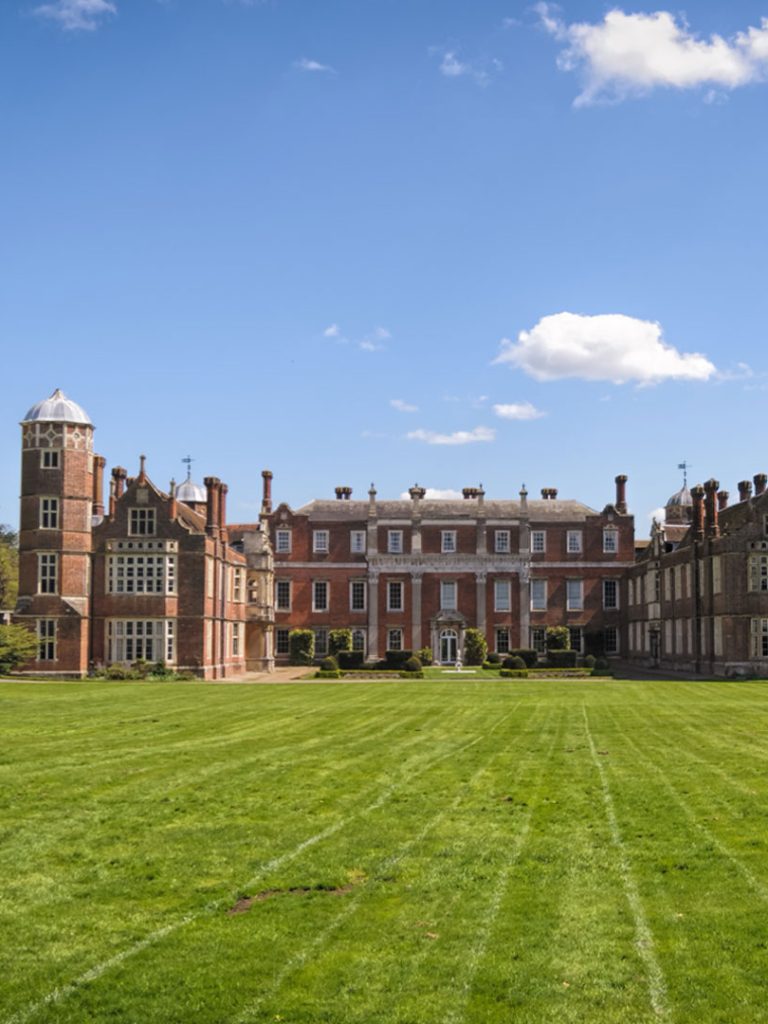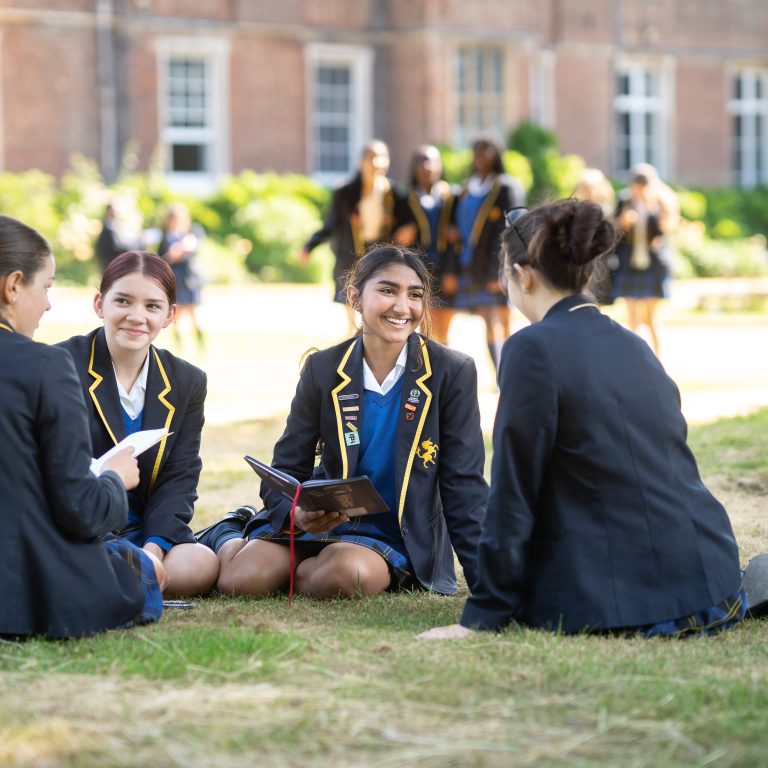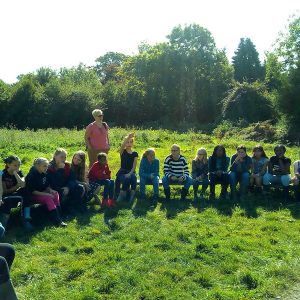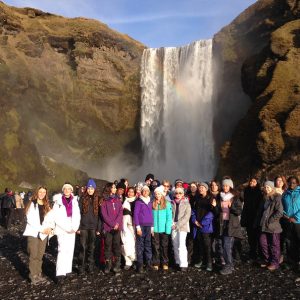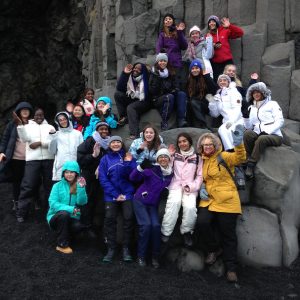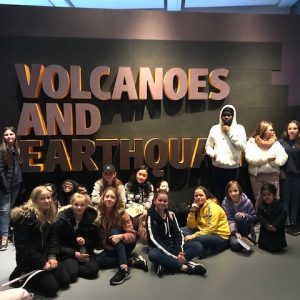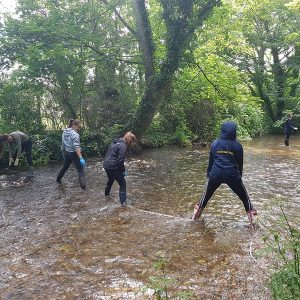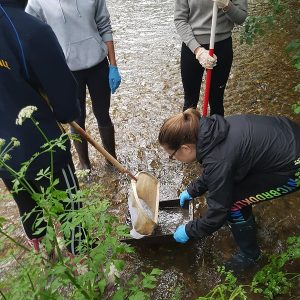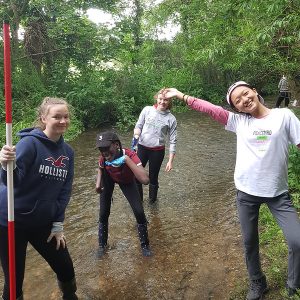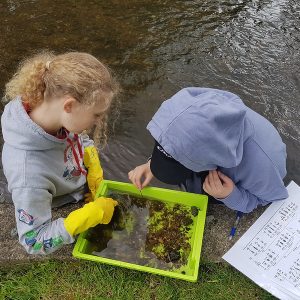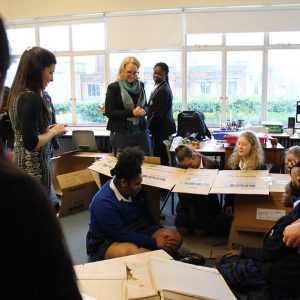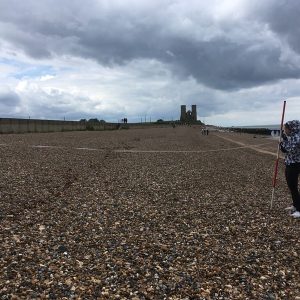The single voice of one student which has led to the current global, environmental awareness boom is a powerful reminder of how important it is to learn about the geography of our fragile earth. At Cobham Hall we endeavour to give our students the knowledge and tools to be able to have a voice about their future and take action to make changes for the better. We take students on an exploration of exciting new places to discover the issues and challenges faced by our developing world. This allows students to be able to analyse the potential solutions to equip them as the future leaders of change.
We are going to change the fate of humanity whether you like it or not – Greta Thunberg
Years 7, 8 and 9
Throughout Years 7, 8 and 9 students are encouraged to develop a spirit of geographical enquiry through units that cover the local area, settlements, the tropical rainforest, food and farming, different environments, sustainable tourism, energy and resources, and the human impact.
In Year 9, students develop an understanding of topics covered at GCSE level in preparation. They study world issues that directly affect them through the topic of oceans under threat and development dilemmas. Topical human geographical concepts such as globalisation allow students to appreciate how interconnected the world has become and studying population and migration leads to in-depth work on development issues offering students the chance to question the accepted world order and their own attitudes and values.
Years 10 and 11: GCSE
For those who opt for GCSE Geography, study includes many of the major issues affecting the world today. How can we manage fragile environments effectively? What are our industries doing to the environment? How is globalisation creating a global village? How can people respond to natural hazards such as flooding, earthquakes and hurricanes? How can we limit the damage done by rivers and coastal flooding?
Geography has a unique role in linking the Social Sciences (Human Geography) and the Earth Sciences (Physical Geography) with the opportunity to study the impact people have on the environment (Environmental Geography). Geography helps students to understand how these physical and social processes affect people and places worldwide in everyday life as well as in the longer term future of the planet.
Years 12 and 13: A Level
The Geography A Level has a balance of exciting and contemporary human and physical themes. It concentrates on dynamic landscapes and dynamic places, allowing the processes of change to be studied and analysed. The A Level qualification also enables students to explore and evaluate contemporary geographical questions and issues such as the consequences of globalisation and responses to hazards.


